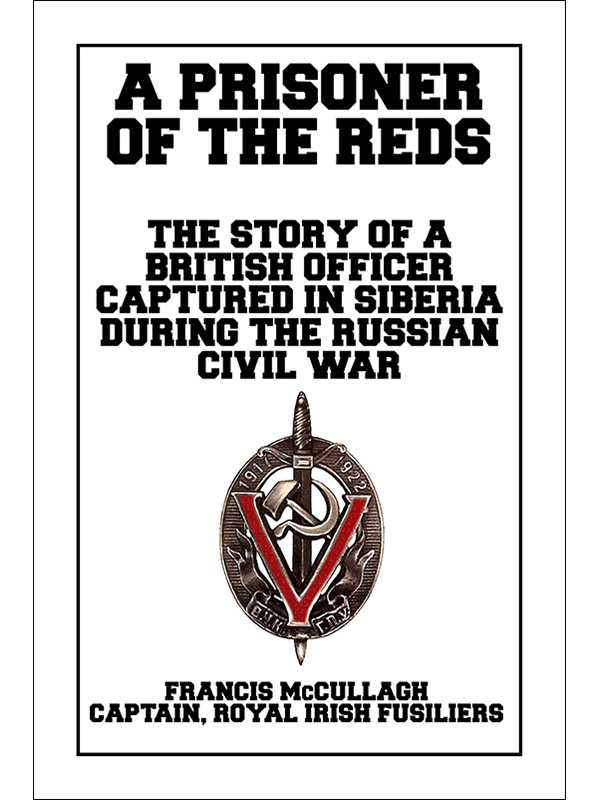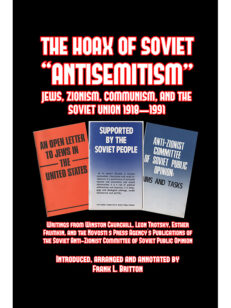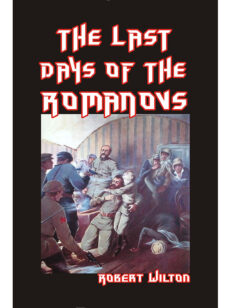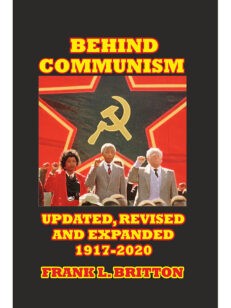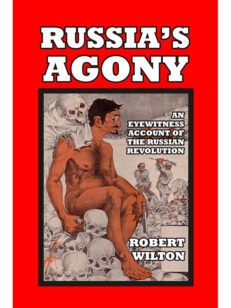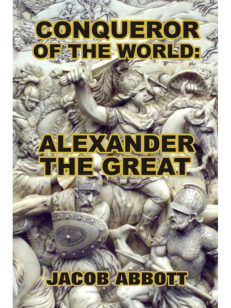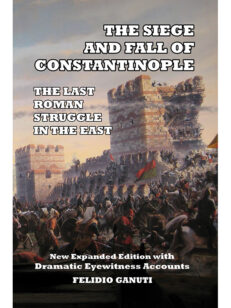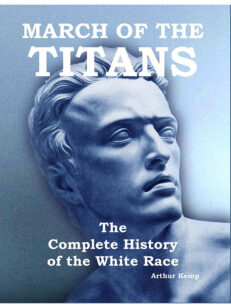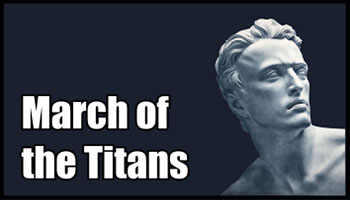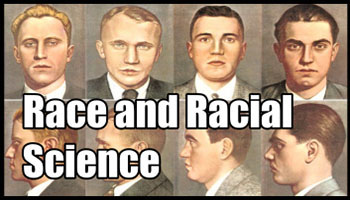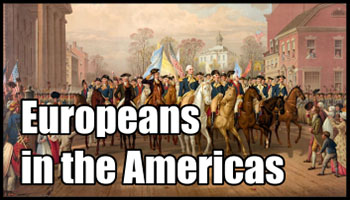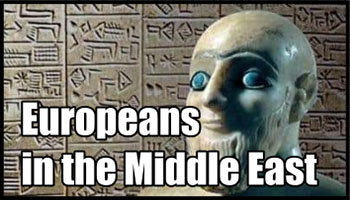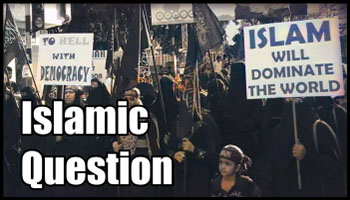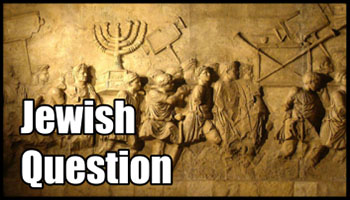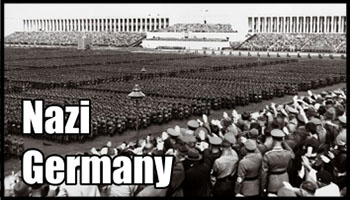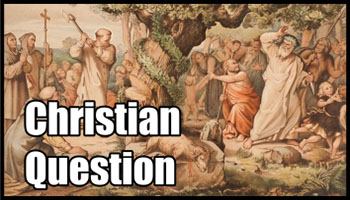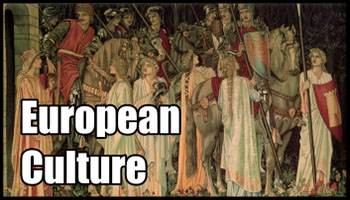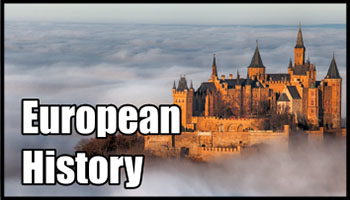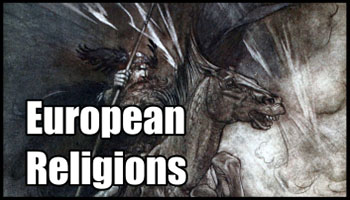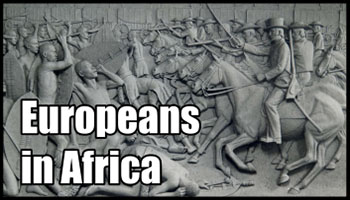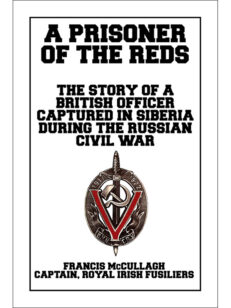Description
By Francis McCullagh, Captain, Royal Irish Fusiliers. A gripping eyewitness account of the two tumultuous years of 1919 and 1920 in the Soviet Union—a period which saw the collapse of the major anti-Communist “White” army in the face of a determined “Red” army assault, the murder of Tsar Nicholas II and his family, and the early organizational stages of the Bolshevist state.
These earth-shaking events were witnessed and recorded by famous international journalist Francis McCullagh—who was also, in secret, a British Army Intelligence Officer deployed into Russia by the British government as part of its aid package to the anti-Communist forces during the Russian Civil War.
Starting at the time of the major rout of the White Russian forces in November 1919, McCullagh vividly describes the infamous chaotic retreat across Siberia by the White Army, their capture by the victorious Reds, and his successful “transition” to a journalist, hiding his Military Intelligence post from the victors.
Keeping up his journalist guise, he then proceeded to make his way back to Moscow—stopping along the way at the scene of the recent murder of Tsar Nicholas II and his family. There, with the aid of interviews with eyewitnesses of that massacre, and his own observations on the site, he produced the first reconstruction of those tragic events.
It would be wrong, however, to read his account as being sympathetic to the old regime in Russia, as his full and frank descriptions of the atrocities and errors committed by the White Russian armies show only too well.
Arriving in Moscow in 1920, McCullagh then proceeded to provide first-hand accounts of the inner workings of the newly-formed Bolshevist state, its ideologies, and its aims. His disguise as a journalist paid dividends, and offices in the Soviet Foreign Ministry and Media Departments opened their doors to him and provided much material, including personal interviews with many of the leading figures of the day.
Eventually his activities aroused the suspicions of the Soviet Secret Police, the Cheka, and he was arrested and imprisoned in the infamous Lubyanka police headquarters.
There, only thanks to errors made by his captors, his disguise held, and he was released. Shortly afterward, he was repatriated from Russia to Britain. Back home, he was able to provide the British government with extremely detailed information about Soviet military capabilities and tactics, including Trotsky’s plans for the Red Army, which Commissar Sverdlov had outlined to him in person.
McCullagh’s historically important work does not shy away from addressing the dominant Jewish role in early Bolshevism, and the fact that the murderers of the Tsar, the chief censors of the Soviet State, and most Bolshevist high-serving functionaries were Jews.
This completely reformatted edition contains all the original illustrations, digitally restored to perfect condition, and 174 new footnotes designed to bring the present-day reader up-to-date with the individuals, events, and comments to which the author refers.
About the author: Francis McCullagh (1874–1956) was an Irish journalist, war correspondent, British Intelligence Officer, and author. He achieved fame as an international correspondent, and served in the Intelligence division of the British First World War, seeing action in the ill-fated Gallipoli landings and elsewhere. His posting with the British aid legation to the White Russian army in 1919 was his last official military adventure, although he later reported on the Spanish Civil War. He died in White Plains, New York in 1956.
Contents
Preface
Chapter I: The Flight from Omsk
Chapter II: We Take to Sleighs
Chapter III: Captured
Chapter IV: Some Horrors of the Retreat
Chapter V: Face to Face with Bolshevism
Chapter VI: We Leave Our Train
Chapter VII: I Become a Civilian
Chapter VIII: In Red Krasnoyarsk
Chapter IX: I Escape
Chapter X: The Journey to Ekaterinburg
Chapter XI: Trotsky in Ekaterinburg
Chapter XII: In a “Propaganda Hall”
Chapter XIII: The Murder of the Tsar
Chapter XIV: The Burial of the Tsar
Chapter XV: The City of Dreadful Hunger
Chapter XVI: The Mysteries of Moscow
Chapter XVII: My Life in Moscow
Chapter XVIII: The Red Tsar and His Guests
Chapter XIX: The Bolshevik F. O. and the Foreign Press
Chapter XX: The Bolshevik News Agency
Chapter XXI: An Interview with the Patriarch
Chapter XXII: In the Dungeons of the Extraordinary Commission
Chapter XXIII: Leninism: The Design of the Bolsheviks
Chapter XXIV: Aboard the Good Ship “Dongola”
Appendix
Index
394 pages. Paperback.

